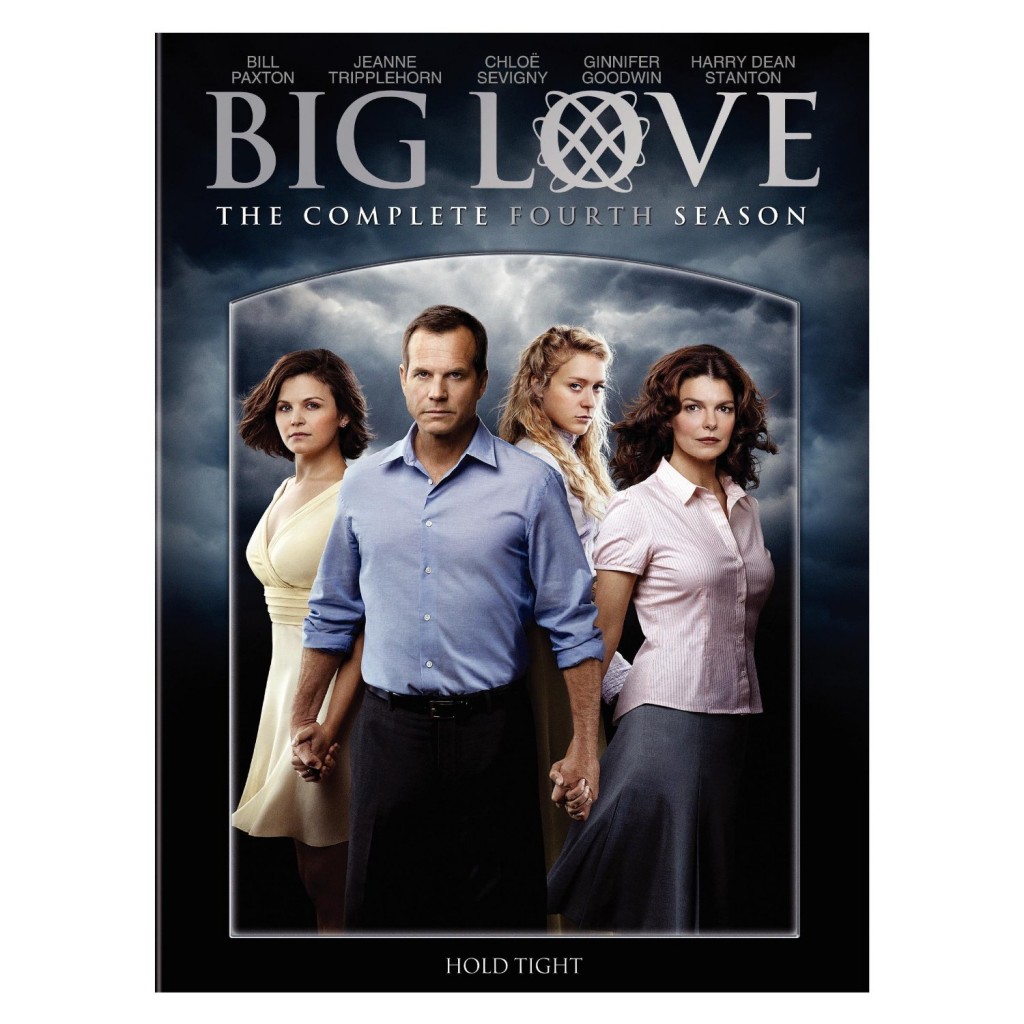Blog Post
State of the Culture: The Sexual Revolution, poisonous entertainment, and the Christian disease
By Jonathon Van Maren
In this week’s State of the Culture update, I take a look at the most insightful analyses around–and the concerning trends you should be keeping an eye on.
****
I find the Rebel.media tiresome a lot of the time—I simply can’t be angry that often, over things that inconsequential—but Theo Caldwell’s recent column Christians Get Special Treatment is exceptional. From Caldwell: “Surely we can agree that what Christians need most is a good talking-to from people who don’t share their beliefs. It’s quite something, isn’t it? The same people who spend this time of year kicking over crèches, expunging Christmas carols, and ensuring no Christian prays in public nevertheless have an ironclad grasp of what Jesus thinks about everything from immigration, to abortion, to gay marriage and guns.” Like I’ve noted before, if the media or the Left bring up Christianity, you can be sure it is for the purpose of using it against Christians.
****
I wrote a column some time ago on how the Left may one day attempt to treat Christianity as an illness—anyone who engages them in debate regularly will know that Christian beliefs, by and large, elicit a combination of awe and contempt in many of today’s secular hedonists. That being said, a recent article in Digital Journal titled “Religious fundamentalism could soon be treated as a mental disorder” was still rather terrifying. Totalitarians have always accused those they cannot tolerate and cannot debate of being deranged—and today’s Left is no different:
Kathleen Taylor, a neurologist at Oxford University, said that recent developments suggest that we will soon be able to treat religious fundamentalism and other forms of ideological beliefs potentially harmful to society as a form of mental illness. She made the assertion during a talk at the Hay Literary Festival in Wales on Wednesday. She said that radicalizing ideologies may soon be viewed not as being of personal choice or free will but as a category of mental disorder. She said new developments in neuroscience could make it possible to consider extremists as people with mental illness rather than criminals.
She told The Times of London: “One of the surprises may be to see people with certain beliefs as people who can be treated. Someone who has for example become radicalized to a cult ideology — we might stop seeing that as a personal choice that they have chosen as a result of pure free will and may start treating it as some kind of mental disturbance.”
Taylor admits that the scope of what could end up being labelled “fundamentalist” is expansive.
In an era where much of conservative and Christian thought is already being labeled “hate speech,” if not criminal speech, the comments of such academics should not escape our attention.
****
You are what you eat, the saying goes—and what you see impacts how you think. Dr. Brian Mattson gave a great lecture some time ago examining how the entertainment industry has served as the propaganda arm for the Sexual Revolution:
Hollywood continued to push the boundaries further and in every direction using the same playbook. Three’s Company soon directly attacked the outdated, prudish convictions against cohabitation—the “villain” of the show is the landlord, who only allows the newfangled “progressive” living arrangement because they trick him into thinking the male character is gay—of which he also, of course, disapproves. Fathers became optional first and famously with Murphy Brown, and later completely celebrated with the Gilmore Girls. Homosexuality was given beautiful, airbrushed treatment in Will & Grace, and soon thereafter HBO’s Big Love gave polygamy its day in the sun. Sex and the City glamorized the casual hookup lifestyle. Meanwhile, at the box office one “romantic comedy” after another preached the message that personal self-fulfillment exhausts the meaning of romance, marriage, and weddings. The ripple effect of these main stage attractions spilled into everything, with the eventual result being the complete normalization of rampant promiscuity. Frasier is (in my humble opinion) the greatest sitcom ever produced—hilarious, consistent, warm, character-driven, and brilliant in nearly every way. Yet it is difficult to miss how normal is the portrayal of Frasier’s rather casual sex life. That is precisely where the architects of the sexual revolution were aiming. Their radicalism succeeded by being entertaining radicalism.
One of the things I like to do when I’m speaking at high schools is ask the students something simple: “How many of you have seen the phrase ‘daddy issues’ being used as a punchline in a comedy sitcom?” Usually, it’s all of them. And usually, they have no idea that the concept actually refers to girls growing up without fathers, without the affirming paternal love that every child deserves. The entertainment industry has groomed us all to accept this Brave New World.
****
I’ve seen a lot of columns flying back and forth debating whether or not the undercover journalism tactics used by David Daleidan and the Center for Medical Progess were “ethical.” Douglas Wilson, in a column titled “On Planting Black Damnation,” gives what I think is the perfect response:
In the previous post I mentioned in passing that the hacked release of the CMP video was heroic. But one person in the commments took issue with the lawbreaking involved — there was an injunction against releasing the video. I am tempted to say that we should keep our perspective here, but what I really mean is that we should try to gain some perspective. Given what we are talking about, and what the videos manifestly reveal, being concerned about such an injunction at such a time is like Japheth in an SUV running late for the ark, and failing to come to a complete stop at the intersections.
****
I’m surprised that Globe and Mail columnist Margaret Wente hasn’t gotten mobbed by the feminists yet—these days, she’s been writing a lot of columns that make a lot of sense—including this column, where she had the gall to note that men and women are different from each other and comments on a young woman’s disappointment with a drunken one-night-stand:
Most people might conclude from this experience that random sex with drunken strangers is a poor idea, and Ms. Gattuso really should not try that again. Old-fashioned moralists might even call such behaviour tawdry, degrading and sluttish. Not Ms. Gattuso. And not Rebecca Traister, the New York Magazine writer who wrote about it. To them, the moral of the story is that the world is awash in bad consensual sex. This is due to the persistent power imbalances between women and men. Until we fix this, women cannot be sexually happy. As Ms. Traister argues, “The game is rigged.”
Ironically, today’s feminists are serious about consent but casual about sex. And to their shock, they’ve discovered that there’s an awful lot of bad sex out there. They did not expect this. They’ve been told they are supposed to be having a super-positive sex life – unconflicted, joyous, casual and abundant. They’ve been told they should be able to have as many partners and initiate sex just as often as men do. And they’ve tried that. And it hasn’t worked out very well. Instead of feeling super-positive, they feel sexually dissatisfied, emotionally disconnected and more than a little used…
The trouble isn’t men, of course. Nor is it the culture. The trouble is that these women have been sold a lie. They’ve been told that the profound sexual and behavioural differences between men and women are merely matters of individual preference, which would largely dissolve if we ever managed to shed our noxious cultural baggage.









So enlightening..thank you. God bless.